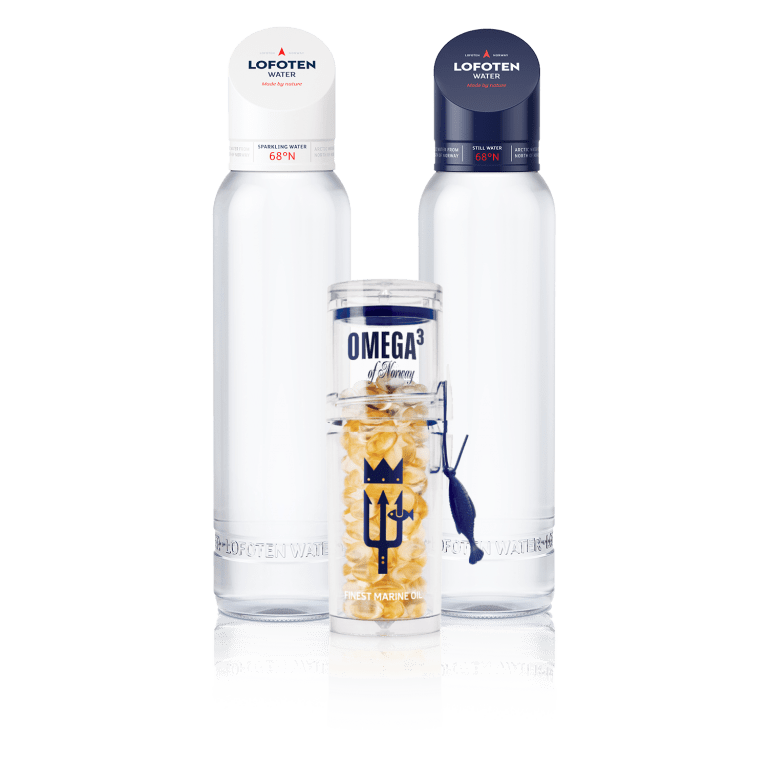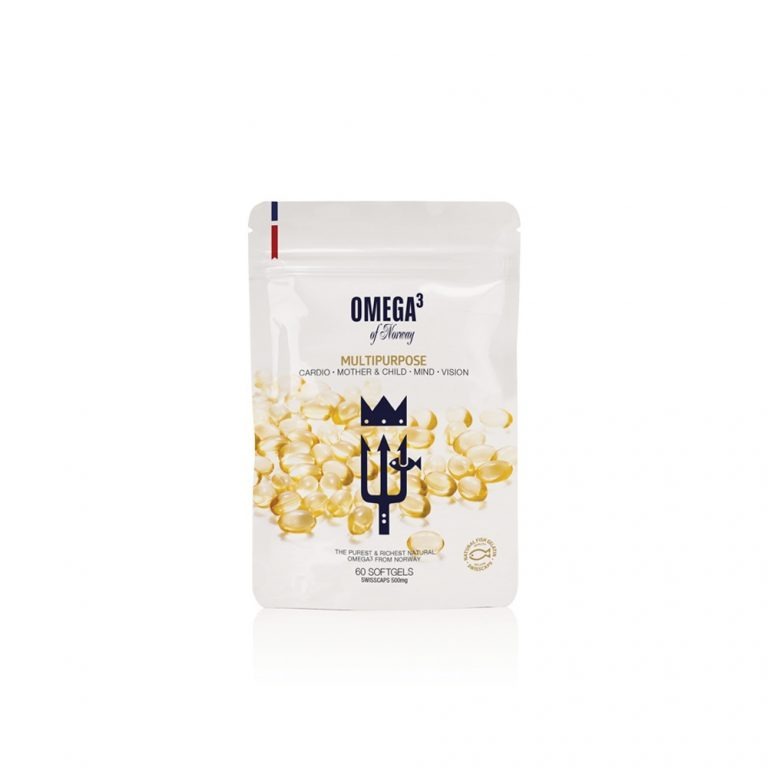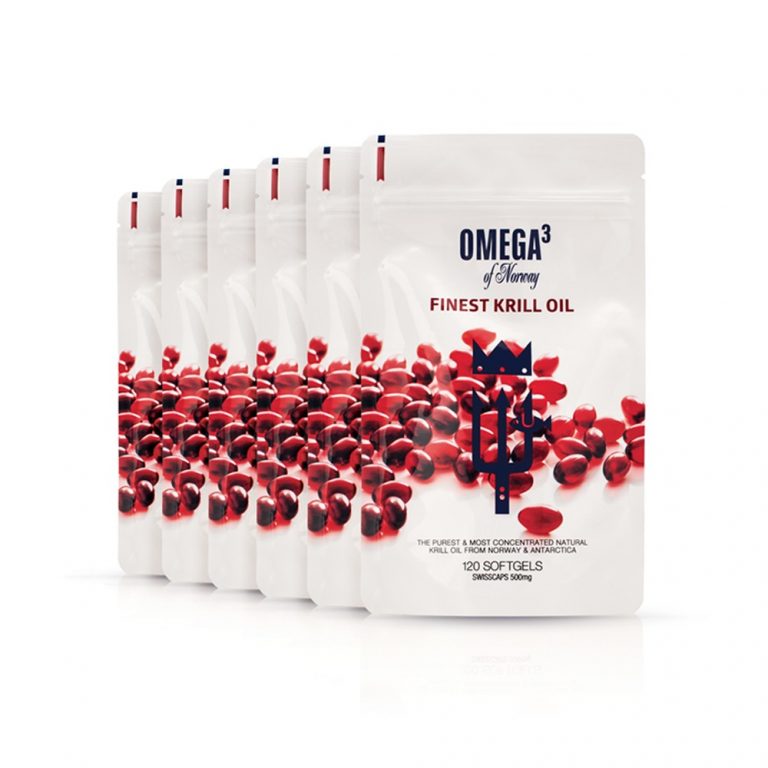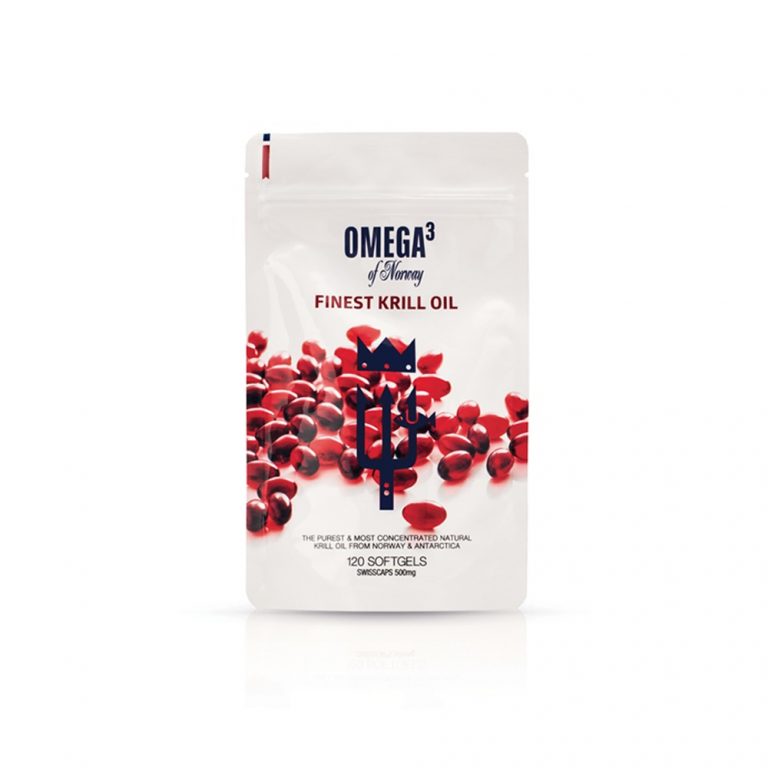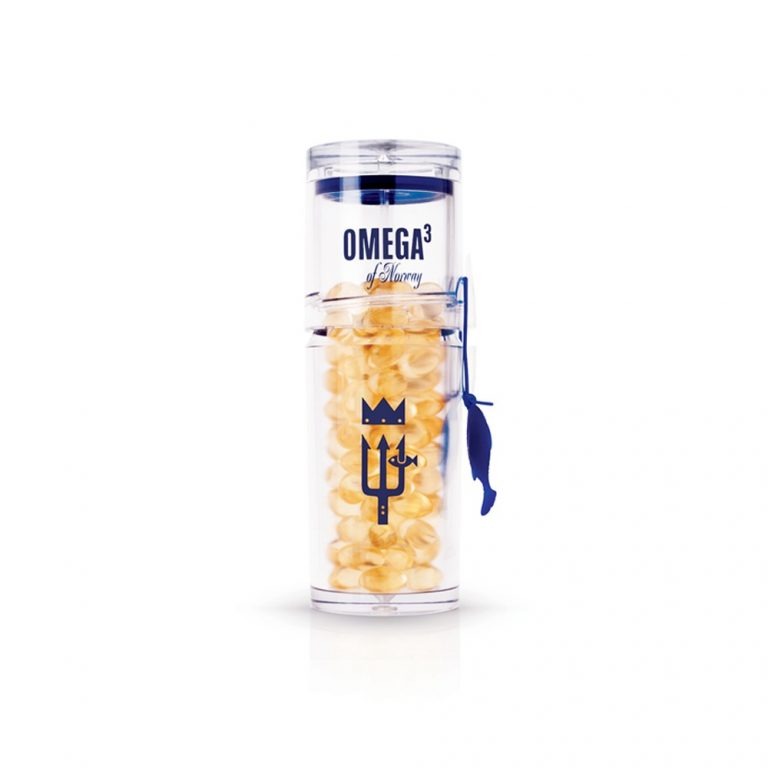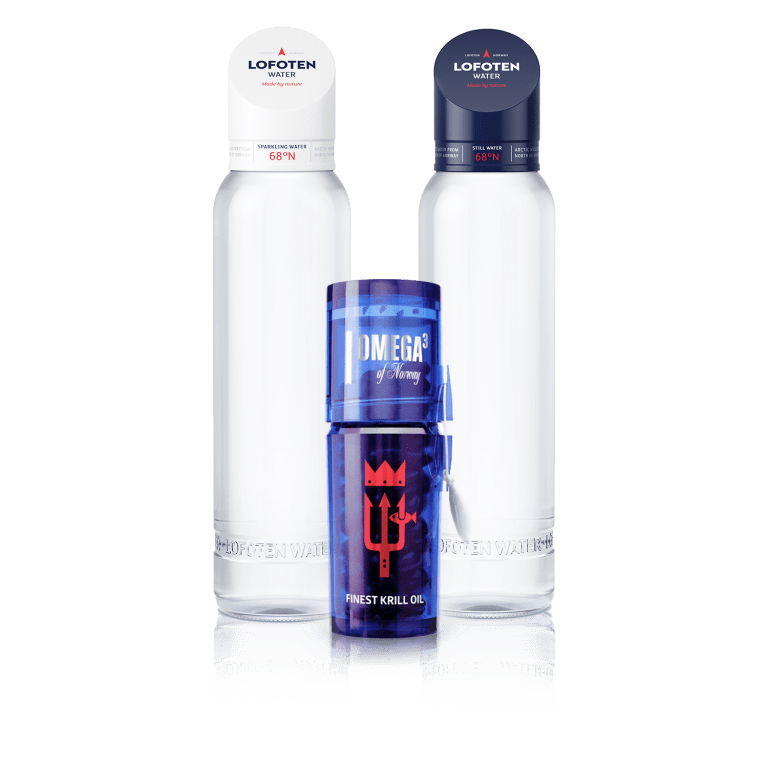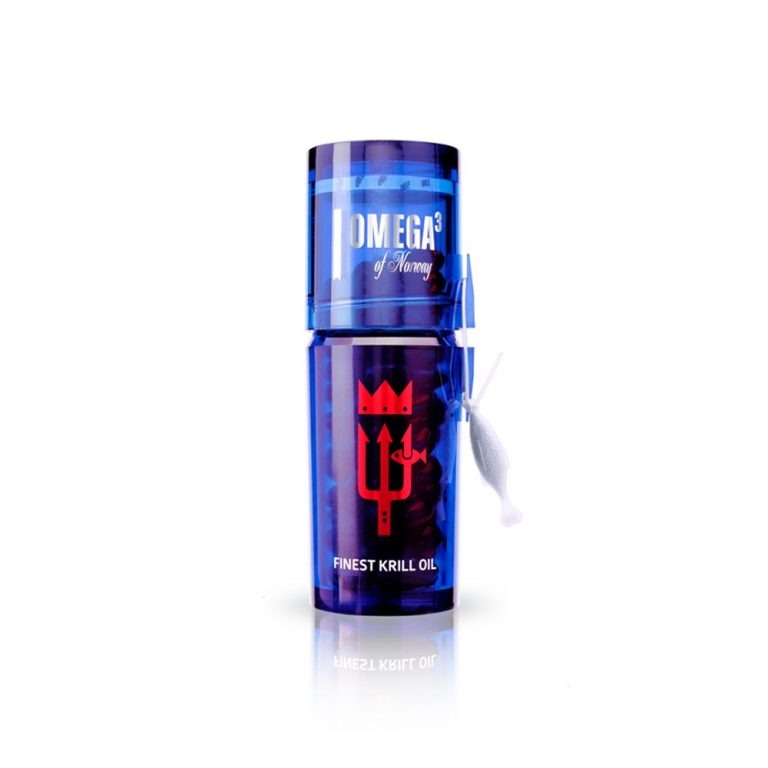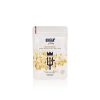Content
- How Omega-3 Helps With Weight Loss
- Omega-3, Fish Oil and Krill Oil – How It Is All Connected
- What is Omega-3?
- When and How Much Omega-3 Should You Take?
- Conclusion
Will taking fish oil help me to lose weight faster?
There is a lot of new research done on this topic at the moment and science is finding more and more answers. Fish oil is one of the most popular food supplements https://norwayomega.com/blog/omega-3-best-supplement/ out there. It contains the essential fatty acids EPA and DHA, which have a variety of health-boosting properties! But will it help you to shed some extra pounds?
In this article, we want to look at their impact on your weight loss journey and how you can make the most out of it.
How Omega-3 helps with weight loss
There is still more research needed but it is safe to say that the positive evidence for the impact of omega-3 on weight loss is slowly but steadily accumulating. Here we will present some studies and findings on the different ways that omega-3 can impact you on your weight loss journey.
1. Fish oil may help with satiety
A study has shown that there might be a positive correlation between a higher intake of omega-3 supplements and lower food intake. This might be due to the effect of omega-3 on a fullness hormone and might be especially interesting for people on a weight loss diet.
This specific study was interested in finding out if omega-3 would suppress appetite for people on a weight loss diet. However, there have been other studies with the same aim that have found conflicting results, so there is additional research needed on this question.
2. Fish oil may help to burn fat and increase your metabolic rate
A study in young adults and older women showed an increased metabolic rate after several weeks of taking omega-3 supplements on a daily basis.
This is interesting for people looking to lose weight, as the metabolic rate is used to measure the “velocity” of your metabolism and how many calories you burn.
The more calories you burn, the easier it is to lose weight because to do so, you need to burn more calories than you consume.
So, especially in combination with lifestyle changes such as increased amount of exercises, omega-3 can help you boost your metabolic rate!
But like we said before, there are also more studies needed to further prove this hypothesis.
3. Fish Oil May Help To Build More Muscle
We already know that many of the top athletes in the world take omega-3 supplements on a regular basis. But even regular athletes (or anyone really), can benefit from the impact of omega-3 fatty acids on muscle growth.
It is believed that omega-3 in combination with regular exercise can assist in weight loss and may help to build muscle mass. This is because omega-3s are said to improve the flow of blood to the muscles during exercises and stimulate certain enzymes.
This also helps to build muscle mass, which in turn improves your metabolic rate and lean body mass!
Omega-3, Fish Oil and Krill Oil – How It Is All Connected
When we talk about omega-3 in this article, we mean the specific fatty acids EPA and DHA. However, when you go into a pharmacy you won’t find these fats as a supplement. Instead, you will be looking at fish oil and krill oil, a type of food supplement made from marine omega-3 sources that are high in EPA and DHA.
What Are Fish Oil and Krill Oil Supplements?
Fish oil is said to be beneficial for weight loss because of its EPA and DHA contents and so is krill oil. Krill oil is a newer addition to the food supplement market and is made of the small crustacean called “krill” that lives in almost all oceans of the world. Here at Omega 3 of Norway we only use specifically sourced krill from the Antarctic Ocean for our krill oil to guarantee the highest possible purity and quality-standard.
In the next section, we will explain in more detail what omega-3 fatty acids are and what other health benefits they have for your body and mind.
What is Omega-3?
Omega-3 fatty acids are a specific type of fats, which have a lot of positive impacts on our body. The main forms of Omega-3 fatty acids are ALA, EPA and DHA.
We wrote a whole article about the differences and similarities between EPA and DHA, which are the main omega-3s in fish oil and krill oil supplements.
Good and bad fats
So, omega-3s are basically what make fish oil or krill oil supplements such a good all-around supplement, as their properties give it its beneficial effect.
Our 500 mg capsules here at Omega 3 of Norway contain a minimum of 65% of EPA and DHA. This is an important piece of information to look out for when buying your supplement, as this percentage will determine the strength of the supplement so to speak.
EPA and DHA are therefore considered “good fats” as they are essential for our well-being and our body depends on them for a variety of reasons. Also, not all fats are bad and/or fattening! These omega-3s are essential nutrients and considered a “good fat” because of their positive impact on heart and brain health, as well as our immune system.
“Bad fats” that we should try to avoid are so-called saturated and trans fats, which we should only consume small amounts of.
They can increase the risk of heart disease and stroke as they can increase bad cholesterol levels for example.
The Health Benefits of Omega-3 Fatty Acids
Omega-3 fatty acids are essential fats, which means that we cannot produce them ourselves but need to consume them through food. They are a vital part of a balanced and healthy nutrition and also come with a wide variety of health benefits.
They have been shown to have a positive effect on our cardiovascular system, can reduce the build-up of plaque and even contribute to lowering the risk of heart attacks and strokes.
DHA, one of the two fatty acids in fish oil and krill oil, also plays an important role in our neural development and visual apparatus, and there have even been connections made between increased intake of omega-3s and improved mood and overall mental health.
If you are an athlete, omega-3 also has a lot of health benefits for muscle recovery, muscle build-up and other factors.
We are proud to sponsor two Olympic athletes, who both heavily rely on their omega-3 during their intense trainings to keep their body in top shape.
When and How Much Omega-3 to Take
Now that we know how omega-3 and the supplements that contain it can help to lose weight, the question is when and how much of it to take to maximise its benefits.
When to take it
While you can take your supplement on an empty stomach, researchers suggest that omega-3 fatty acids are best absorbed into our body when they are consumed together with other fats. This means you should ideally take your supplement together with a fatty meal to stimulate your body to absorb it better! What matters most however, is that you take your supplement around the same time every day. So once you have found a good time of the day to take your capsules, try to stick to it! This way you will also build a habit and are less likely to forget about it.
It might be a good idea to take your supplements at night, so their anti-inflammatory properties can work wonders during the night and you can wake up refreshed. Omega-3s have also been linked to good quality rest, lower risk of sleep Apnea and improved relaxation.
Many people suffering from joint pain or arthritis, which are caused by inflammations, report that the most intense symptoms occur in the morning. Taking your omega-3 supplement at night before you go to sleep could therefore make it easier for you to get out of bed the next day.
How much to take
The ideal amount of omega-3 varies from person to person. It depends on a number of individual factors such as genetics, diet, lifestyle, body weight, age and your specific health condition.
However, the recommended minimum dose is between 250 and 500 mg of EPA and DHA combined for healthy adults. But depending on your needs and conditions, this can increase to up to 3000 mg per day!
Pro-rower and Olympian Barnabé Delarze for example, takes up to 14 capsules a day to keep up with the demands of his body during his intense training regime.
How to store your omega-3 supplement
Omega-3 fatty acids are biologically active substances, which means, that they are “alive”. They can create chemical reactions when they come in contact with other substances so it is important, to store them in a well-sealed container away from air, light and at a steady, cool temperature.
A dark, cool place like a fridge is the ideal place to store your omega-3 supplement. You should keep it in an airtight container to avoid contact with oxygen, which can cause the fish oil or krill oil to oxidize.
Omega-3 supplements can go bad, but if you buy a fresh product and store it like described above, you will have taken all the capsules before they had the time to go off!
But this is why it is important to buy your supplement from a reputable source and make sure that it is still fresh when you open it. Check that the liquid appears clear and shiny, the capsules should not have a fishy smell and should not be damaged.
When fish oil or krill oil goes rancid you will be able to tell by the bad smell and taste and you should not take the supplement anymore.
If you want to make sure to never run out of fresh capsules, you can order one of our subscription boxes, so you get a regular delivery of fresh capsules!
Conclusion
To sum it up, omega-3 fatty acids that are the main active component in fish oil and krill oil supplements, can assist you in your weight loss journey in a variety of ways.
Although findings are still a bit inconsistent and more research is needed, there is more and more evidence suggesting, that fish oil may have a positive impact on weight loss by:
- Making you feel full for longer
- Increasing the amount of calories you are burning
- Helping to build up muscles
Additionally, omega-3 fatty acids have a lot of other positive impacts on your body such as your cardiovascular system, memory, mental health and immune system.
Check out our shop to browse our range or high-quality marine omega-3 products and read more about health and nutrition on the blog.















